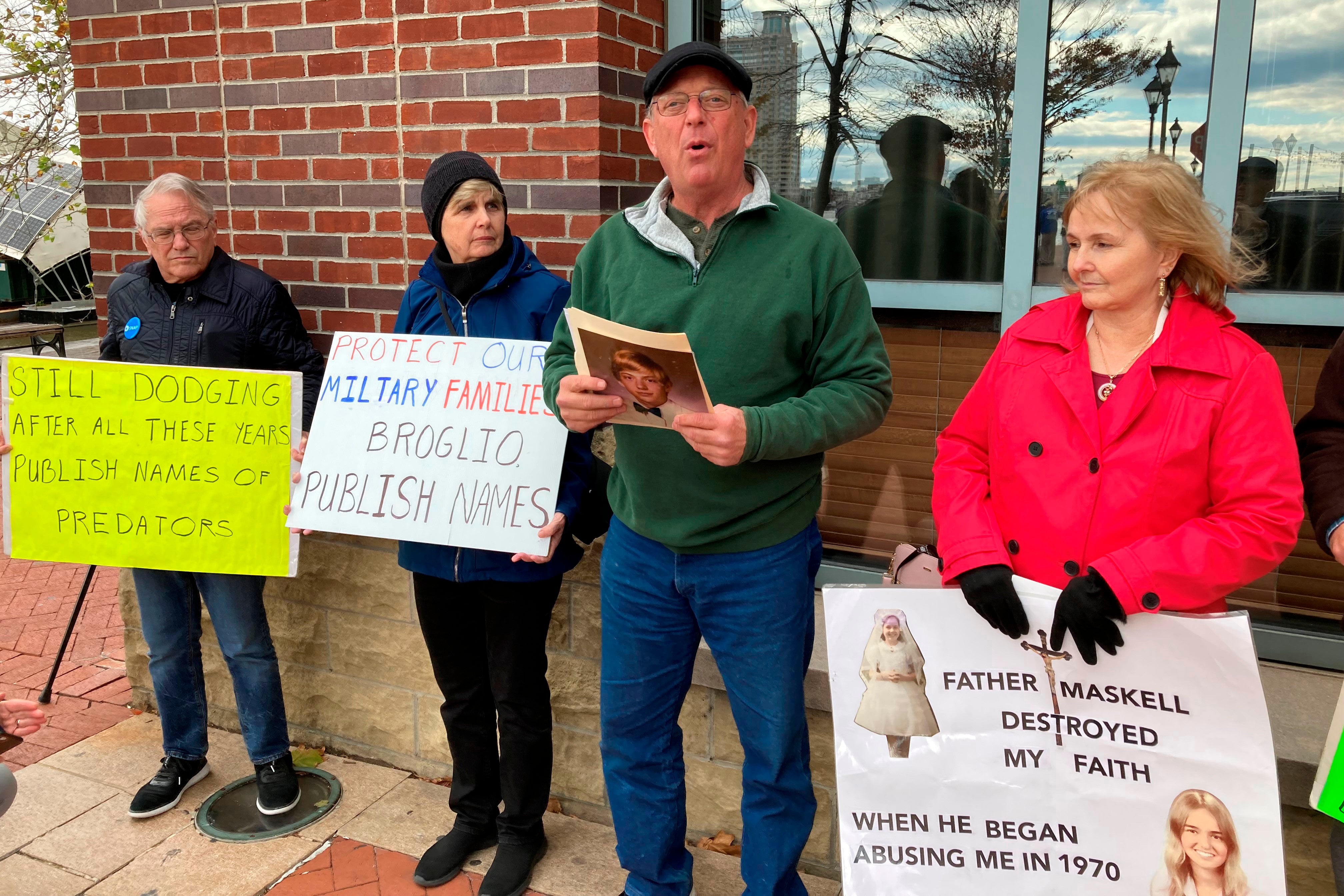Maryland mulls ending child sexual abuse lawsuit time limits
Maryland lawmakers are considering ending the state’s statute of limitations for when lawsuits can be filed against institutions for child sex abuse

Your support helps us to tell the story
From reproductive rights to climate change to Big Tech, The Independent is on the ground when the story is developing. Whether it's investigating the financials of Elon Musk's pro-Trump PAC or producing our latest documentary, 'The A Word', which shines a light on the American women fighting for reproductive rights, we know how important it is to parse out the facts from the messaging.
At such a critical moment in US history, we need reporters on the ground. Your donation allows us to keep sending journalists to speak to both sides of the story.
The Independent is trusted by Americans across the entire political spectrum. And unlike many other quality news outlets, we choose not to lock Americans out of our reporting and analysis with paywalls. We believe quality journalism should be available to everyone, paid for by those who can afford it.
Your support makes all the difference.Maryland lawmakers are considering ending the state’s statute of limitations for when lawsuits can be filed against institutions related to child sexual abuse, though the state's courts are likely to decide whether such a change in the law is constitutional if the General Assembly passes one.
Accusers who are now adults were scheduled to testify in favor of the legislation at a hearing Thursday.
Currently, people in Maryland who say they were sexually abused as children can't sue after they reach the age of 38. The Maryland House has approved legislation in recent years that would have lifted that age limit, but it stalled in the state Senate.
This year, state Sen. Will Smith, who chairs the Senate Judicial Proceedings Committee, is sponsoring a bill that would end the age limit. He said in an interview that he's confident the bill will pass this year but that the judiciary likely will have the final say.
“I’ve worked with the advocates since the summer, and I feel confident that we’ll produce a good product, but not absent some serious questions and some serious concerns,” Smith, a Democrat, said. "A lot of what will be the final outcome is going to be determined by the courts. I suspect that it will be challenged, if and when we pass the bill.”
Fifteen states have lifted statutes of limitations for child sexual abuse, according to Child USAdvocacy, a nonprofit that advocates for better laws to protect children. Twenty-four have approved revival periods known as “lookback windows,” which are limited timeframes in which accusers can sue, regardless of how long ago the alleged abuse occurred.
In 2017, Maryland raised the age that accusers can file lawsuits from 25 to 38. But the law also included language, known as a statute of repose, that some say prevents lawmakers from extending the statute of limitations again.
Senate President Bill Ferguson said be believes the measure will advance this year.
“I see it moving forward," Ferguson, a Baltimore Democrat, told reporters this week. "I think the statute of repose will be an issue that will ultimately have to be contemplated through the judicial system, but I think that it’s important to give victims the right and the ability to bring those claims forward and let the judiciary assess the impact of the statute of repose going forward.”
The issue is getting added attention in Maryland after an investigation by the state's attorney general identified 158 Roman Catholic priests in the Archdiocese of Baltimore who have been accused of sexually and physically abusing more than 600 victims over the past 80 years, according to court records made public in November. But the full report on the investigation, which began in 2019, has not been made public.
Court permission is required to make the report public because it contains information from grand jury subpoenas. It’s unclear when the court will make a decision.